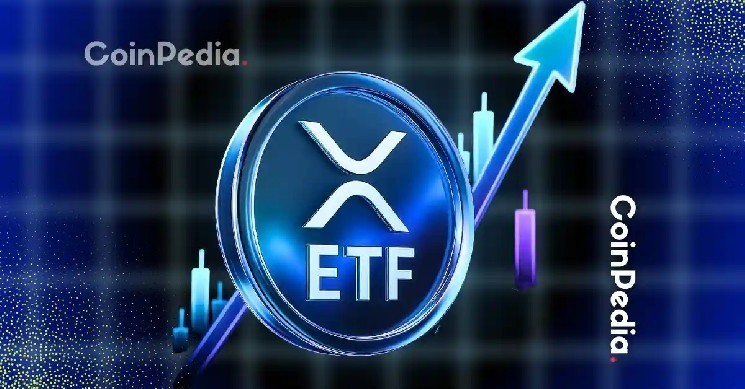
The race to bring an XRP exchange-traded fund (ETF) to market is nearing its final stage. Recent listings on the Depository Trust & Clearing Corporation (DTCC) suggest approval from the U.S. Securities and Exchange Commission (SEC) could come as early as October. If that happens, XRP could soon have one of the largest crypto ETFs in history, with inflows projected to reach $5 billion. This raises a question for investors: is it better to hold XRP directly, or gain exposure through an ETF? Analysts Jake Claver and Paul Barron recently discussed this and here’s a breakdown: Why an XRP ETF Matters An ETF would open XRP to a new class of investors. Institutional funds, family offices, and high-net-worth individuals often avoid buying crypto directly due to custody risks, wallet management, and reporting hurdles. An ETF solves these problems by packaging XRP into a regulated, exchange-traded product. With firms like Canary Capital leading filings, the arrival of XRP ETFs could shift liquidity. Analysts expect capital to rotate from Bitcoin and Ethereum ETFs into XRP, Solana, and Hedera once those products go live. This could reduce Bitcoin’s market dominance and concentrate flows into assets with ETF approval. The Case for ETFs For traditional investors, ETFs offer: Ease of access: No need to set up wallets or manage private keys. Integration: ETFs fit smoothly into existing portfolio and reporting systems. Custody and security: Institutions prefer regulated products with third-party custody. The trade-off is cost. Most crypto ETFs charge fees near 1% annually, which acts like an insurance premium for custody and compliance. The Case for Direct XRP Owning XRP directly appeals to those comfortable with crypto. It eliminates management fees and gives holders full control over their tokens. Direct owners can also use XRP for transfers or within the Ripple ecosystem, something ETFs cannot provide. The downside is responsibility. Losing private keys can mean losing funds permanently. For many investors, the learning curve and custody risk outweigh the benefits. The launch of an XRP ETF will not erase the value of direct ownership. Instead, it will split the market between two groups: crypto-native investors who prefer self-custody, and institutions or investors who want exposure without complexity.
Bitkub Exchange Joins Sui Network to Drive Blockchain Adoption and Education
2 hour ago
Eric Trump defends UAE-Binance deal, says his father is 'first guy who hasn't made money off of the presidency
2 hour ago
Bitcoin mining stocks outperform BTC as investors bet on AI pivots
2 hour ago
Here’s why Monero (XMR) price is soaring despite block reorganisation backlash
2 hour ago
$187 Billion in Fees: Why Banks Are Fighting the GENIUS Act
2 hour ago
Coinbase asks US DOJ to take steps to prevent state enforcement cases
2 hour ago